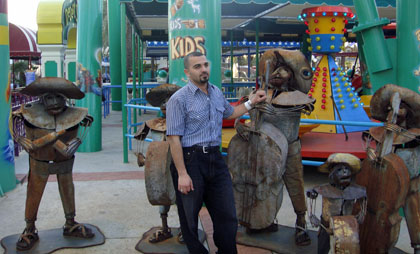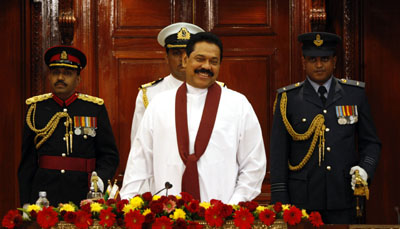
In Sri Lanka, no peace dividend for press
The end of Sri Lanka’s war with Tamil rebels has not eased repression of independent media. Journalists still face violence, harassment, and detention. Will President Rajapaksa use his victories on the battlefield and in the polling booth to reunite the nation and restore free expression? A CPJ Special Report by Bob Dietz and Robert Mahoney
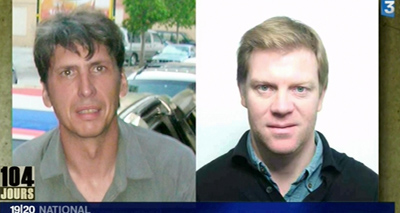
In Afghanistan, at least 3 journalists still held captive
On Wednesday, I posted an item about the dangers to journalists in Pakistan, reminding readers that at least two reporters–Canadian freelancer Beverley Giesbrecht, who goes by the name Khadija Abdul Qahaar, and British journalist Asad Qureshi–are being held captive somewhere along the border with Afghanistan. I later received a few e-mail messages reminding me that…
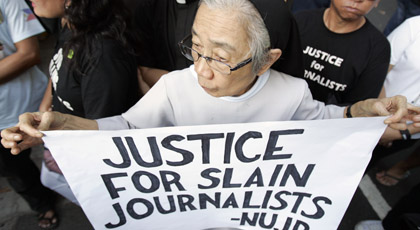
Ten Journalist Murder Cases to Solve
CPJ challenges authorities in 10 nations to bring justice and reverse culture of impunity New York, April 29, 2010—In the Philippines, political clan members slaughter more than 30 news media workers and dump their bodies in mass graves. In Sri Lanka, a prominent editor who has criticized authorities is so sure of retaliation that he…
Azerbaijan should comply with European Court ruling
New York, April 23, 2010—Azerbaijani authorities must comply with the European Court of Human Rights’ decision ordering the immediate release of imprisoned editor Eynulla Fatullayev, the Committee to Protect Journalists said today. Fatullayev, a 2009 recipient of CPJ’s International Press Freedom Award, has been jailed for three years on fabricated charges.
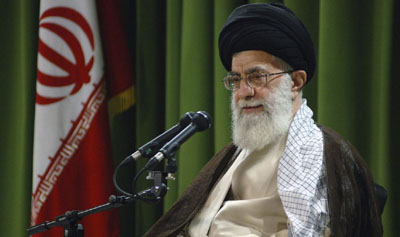
CPJ Impact
News from the Committee to Protect Journalists, April 2010 More than 3,500 petition Iran to free journalists, writersAs the leading sponsor of “Our Society Will Be a Free Society,” a joint campaign with 15 other human rights organizations seeking the release of dozens of jailed journalists in Iran, CPJ helped gather more than 3,500 signatures on a…

Dawit Isaac: Jailed 3,127 days in Eritrea without trial
Journalist Dawit Isaac has spent 3,127 days in government custody in his native Eritrea, according to the ticker on FreeDawit, a Web site based in Sweden, Isaac’s adopted country, where he is a citizen. He has never been publicly charged with a crime or been given a trial. A thorny issue between Sweden and the…
In censoring Web, Thailand could worsen crisis
As part of its declaration of emergency, the Thai government last week radically broadened existing Internet censorship powers to prohibit a wide range of speech, including independent commentary and newsgathering. In doing so, it has exacerbated an already fragile political situation and may have permanently weakened Thailand’s constitutional protections for press freedom.

Truth about jailed journalists is locked away in Eritrea
In the reclusive Red Sea nation of Eritrea, the fate of 10 journalists who disappeared in secret prisons following a September 2001 government crackdown has been a virtual state secret—only occasionally pierced by shreds of often unverifiable, secondhand information smuggled out of the country by defectors or others fleeing into exile.
